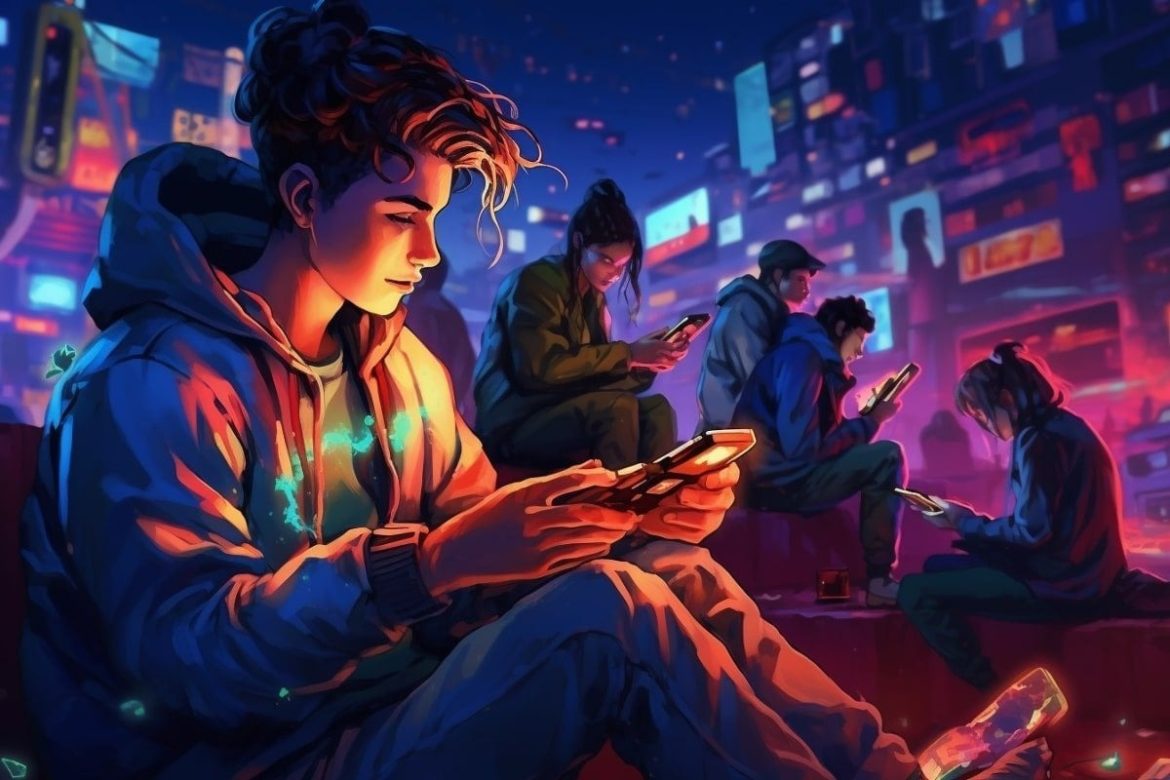In recent years, the impact of gaming on mental health has been a subject of intense debate and research. While traditional beliefs often portrayed gaming as detrimental to mental well-being, a new perspective is emerging. As a seasoned technical writer with a decade of experience in this field, I’m here to shed light on the latest findings and offer a comprehensive view of the complex relationship between gaming and mental health.
Understanding the Myths and Realities
Myth: Gaming Causes Aggression and Violence
One of the most enduring myths surrounding gaming is that it promotes aggression and violence. While there have been instances of individuals exhibiting aggressive behavior after gaming, studies show that there is no conclusive evidence to support a direct causal link. It’s essential to distinguish between correlation and causation in such cases. Many gamers use video games as a form of stress relief and relaxation.
Reality: Gaming as a Stress Reliever
Contrary to the aggression myth, gaming can be a powerful stress reliever for many individuals. Engaging in gameplay allows players to escape from the pressures of daily life, offering a much-needed break. Moreover, multiplayer online games can foster social connections, reducing feelings of loneliness and anxiety. These positive aspects of gaming highlight its potential to improve mental well-being.
The Positive Effects of Gaming
Cognitive Benefits
Recent research has shown that gaming can have a positive impact on cognitive abilities. Strategy games, for example, require players to think critically, plan, and make decisions under pressure. These skills can translate into improved problem-solving abilities in real life. Additionally, action games can enhance spatial awareness and reaction times.
Gaming and Social Interaction
Online gaming communities have become vibrant spaces for social interaction. Gamers from around the world come together to collaborate, compete, and build friendships. For individuals who may struggle with face-to-face social interactions, gaming provides a unique platform to connect with others, reducing feelings of isolation and improving overall mental health.
The Dark Side of Gaming
Addiction and Excessive Gameplay
While gaming has many potential benefits, excessive gameplay can lead to addiction. Gaming addiction, formally recognized in some countries, can have severe consequences for mental health. It can lead to neglect of responsibilities, social withdrawal, and even physical health issues. It’s essential to recognize the signs of addiction and seek help when needed.
In-Game Harassment and Toxicity
The online gaming community is not immune to toxicity and harassment. Some players engage in harmful behaviors, such as cyberbullying and hate speech, which can negatively impact the mental health of their targets. Game developers and communities are actively working to combat these issues, but it remains a challenge.
Finding Balance
Moderation is Key
The key to reaping the mental health benefits of gaming while avoiding its potential pitfalls is moderation. Like any other form of entertainment or hobby, gaming should be enjoyed in a balanced way. Setting limits on screen time, taking regular breaks, and prioritizing real-life responsibilities are crucial steps to maintaining a healthy relationship with gaming.
Parental Guidance
For parents, understanding their children’s gaming habits is essential. Engage in open and non-judgmental conversations about gaming interests and monitor the content they are exposed to. Encourage a healthy balance between screen time, physical activity, and social interactions.
Conclusion
In conclusion, the influence of gaming on mental health is a multifaceted issue that defies simplistic categorization. While there are potential risks associated with excessive gameplay and exposure to toxicity, gaming also offers numerous benefits, including stress relief, cognitive enhancement, and social interaction. It is crucial to approach gaming with awareness and moderation, whether as a player or a parent. As our understanding of this complex relationship evolves, we must continue to explore new perspectives and conduct rigorous research to ensure that gaming can be a positive force in the lives of millions.

